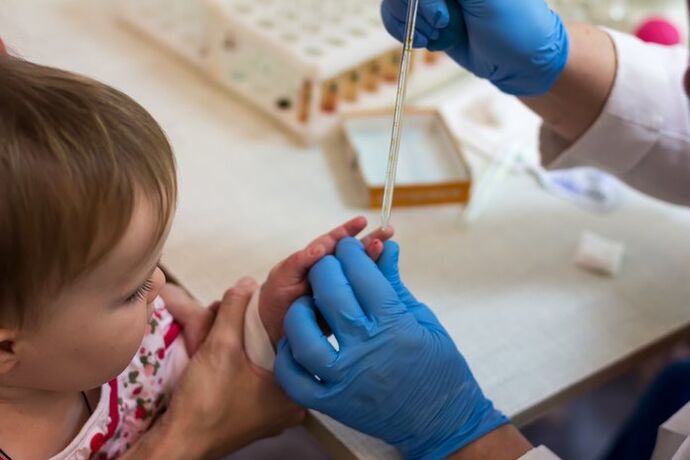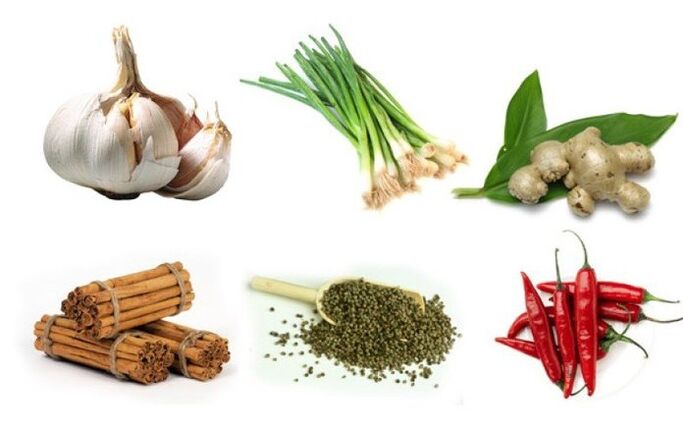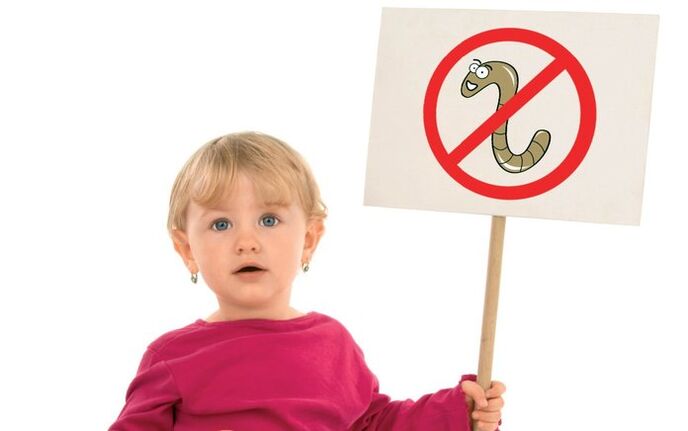
Cause of infection
Type of worm
- Nematodes or roundworms.Most often, children are infected with this type of worm. This species includes pinworms, whipworms, trichinella spiralis and roundworms.
- Tapeworm or tapeworm.Infection with this species occurs through poorly processed meat. This species includes tapeworms, tapeworms, and echinococci.
- Flukes or fluke parasites.Most commonly, this worm causes opisthiniasis, fascioliasis, schistosomiasis, and paragonimiasis.
symptom
- Increased appetite but no weight gain;
- Increased salivation;
- Stomach pain, nausea, unsteady stools;
- dizziness and headache;
- the occurrence of allergic reactions;
- Sleep disturbance, worsening sleep quality, and increased irritability;
- increased hair loss and nail splitting;
- Frequent inflammatory processes in the nasopharynx and urogenital tract.
It is important to note that a strange odor in your child's mouth, abdominal pain, frequent hiccups, and nighttime teeth grinding are by no means indicative of a worm infection. These symptoms are just a myth.
Diagnostic function

Treatment for worms in children
drug

Do folk remedies help?

You should consult and get approval from your pediatrician before using any of the above methods.
Prevent helminthiasis in children

- Are you planning a trip to southern countries?
- Children go to kindergarten;
- An animal comes to the street from home;
- Children play in the sandpit or have frequent contact with the ground;
- The children spent a lot of time in nature.






































